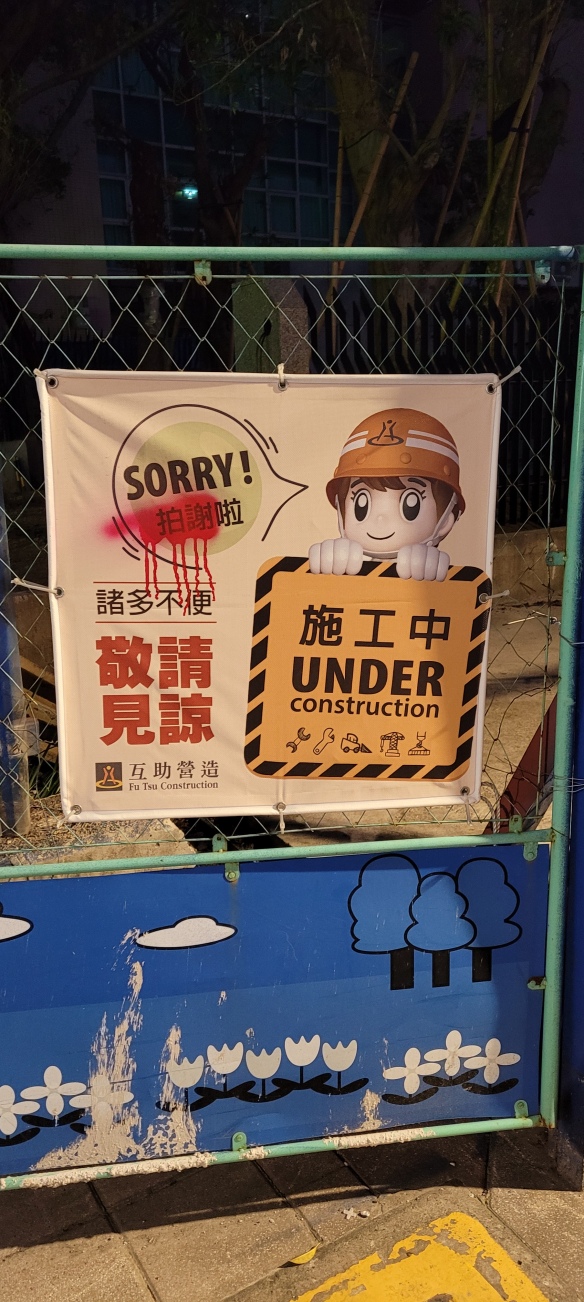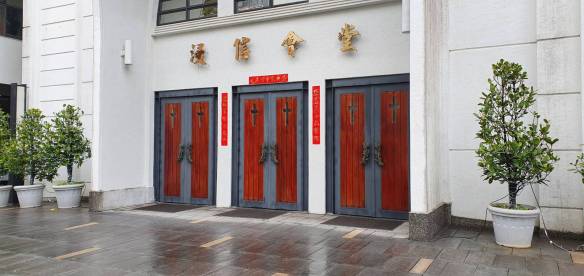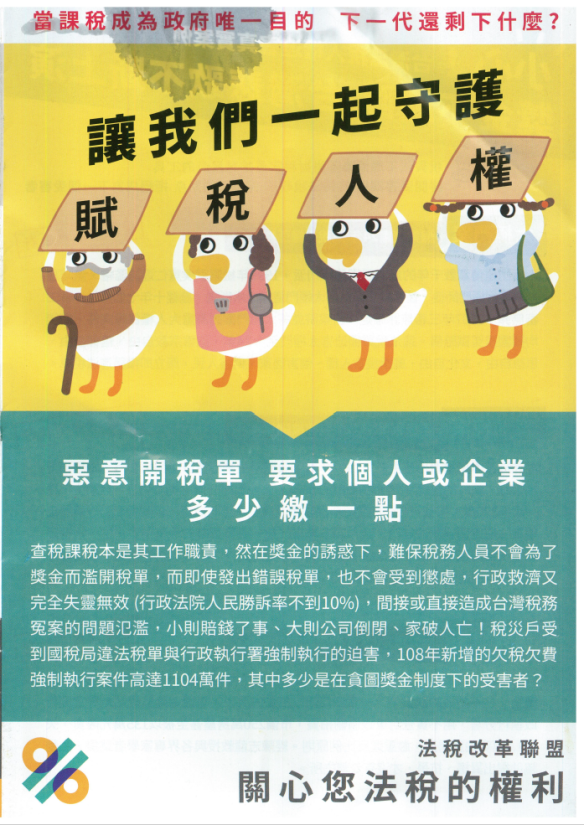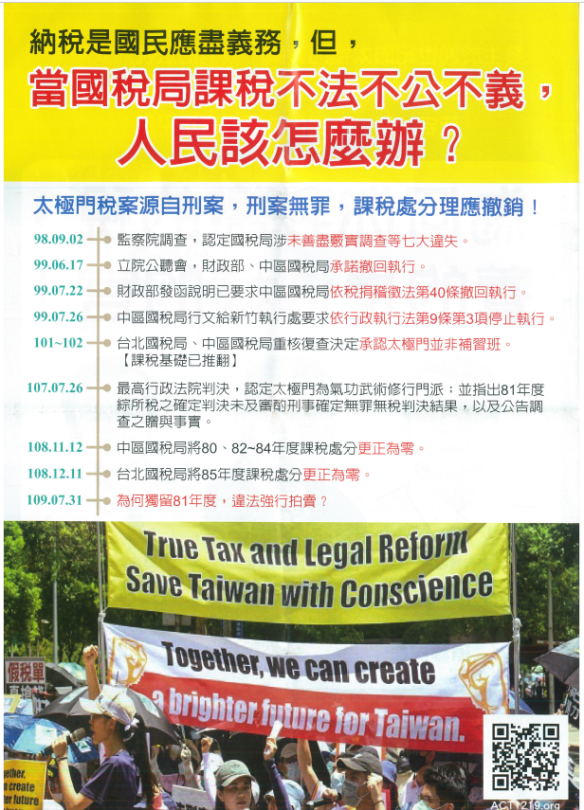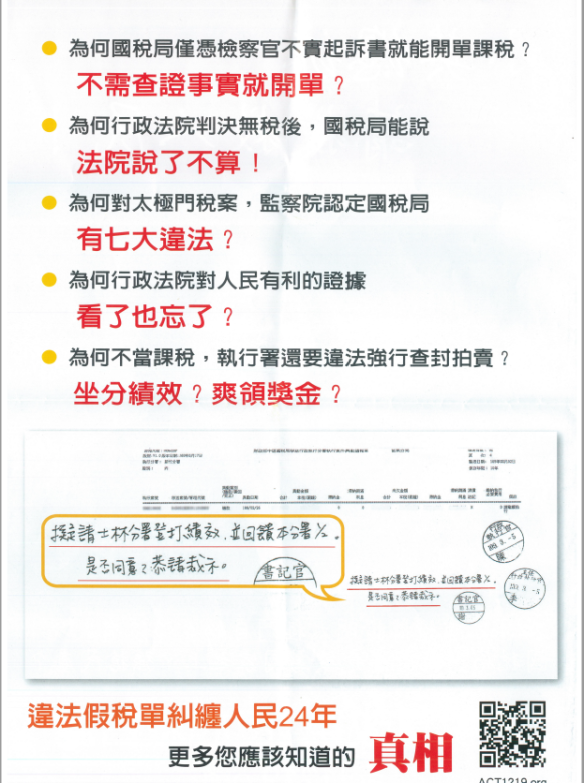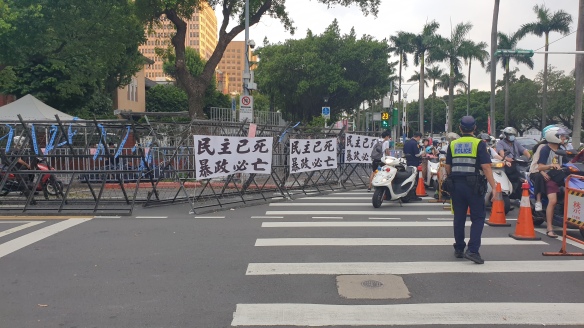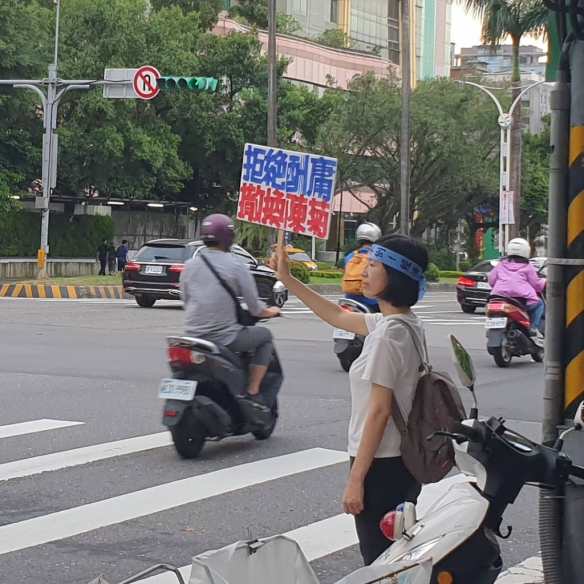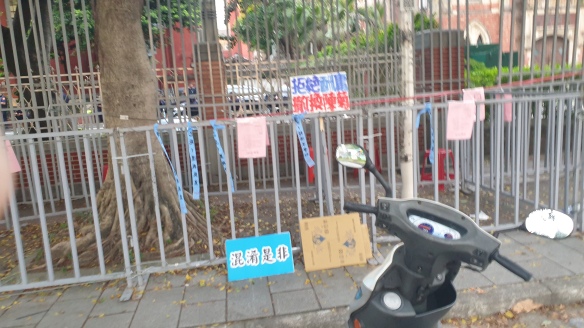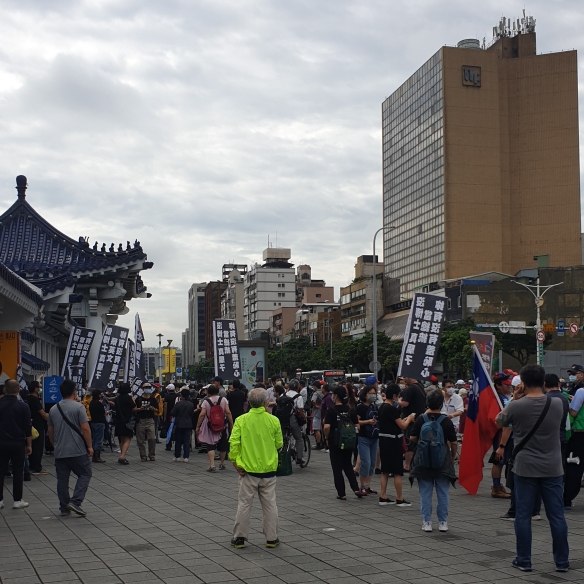The internet has brought us all sorts of newly coined terms, like 「五毛」 (Wumao/Five centers/internet users paid to promote PRC talking points), 「小粉紅」 (young jingoistic Chinese netizens) and others. But one that keeps coming up recently is 「反串」fǎnchuàn which is actually a repurposed opera term, originally meaning to play a character deviating from your normal repertoire.

But in the hostility-laden world of cross-strait social media interactions, it’s used to indicate deliberately posing as the enemy or opponent online, either to discredit their arguments, destroy their image or go so extreme that even the people on their side get put off. This is the social media equivalent of a bad guy impersonating Superman and kicking a little boy in the shin on camera. An alternative use is satire, mocking of the way the other side argues their case.
The latter seems to be what Lin Wei-feng, the husband of the deputy director of the DPP’s social media operations center, is claiming he was doing when he took to Taiwan’s popular bulletin board system PTT (which has been closed to new registrations for a while now due to suspected infiltration by Chinese trolls) to tell people to block or delete the Centers of Disease Control’s Line account on their phones and spreading a range of other disinformation. In what some (the KMT mostly) presume was a stage-managed gesture, DPP Legislator drew attention to the posts stating that PRC collaborators had infiltrated the platform and added that fake versions of the CDC Line app were being used to spread disinformation online. Lin’s apology refutes the idea that this was a DPP plot in a “so cringy it has the ring of truth” apology he posted to Facebook, which includes lines like “In fact, my partner has often expressed annoyance at my use of social media, and has advised me not to get caught up in wars of words on the internet.”:

This whole story was summarized recently by one of my favorite Taiwanese internet celebrities Potter King, in which he rightly states, that just because in this case it was a Taiwanese person behind the “disinformation,” doesn’t mean that China isn’t engaged in disinformation campaigns against Taiwan. Lin’s actions have made it all the more difficult for the DPP to make this case without the political baggage that he’s added to it being brought up over and over again.
The moral of the story is, even if you think you’re being extremely witty on the internet, don’t spread anything that could be interpreted as disinformation (especially when your wife works for the party currently in power).




